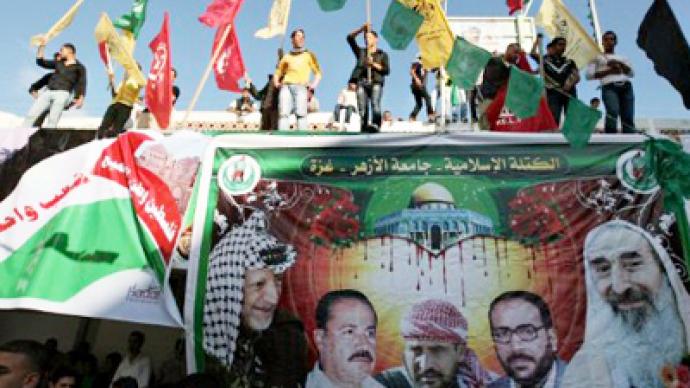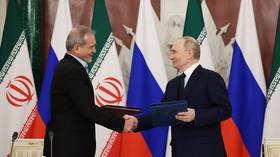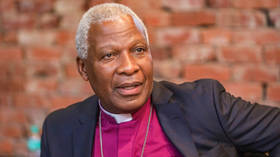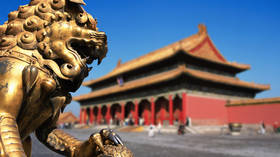Palestinian unity: Isolated Israel

The US-backed revolution in Egypt has only further isolated Israel, Washington's main ally in the region, while the end of the four-year rift between Palestine’s two political parties has created an air of fear and uncertainty for Tel-Aviv.
In the post-Mubarak Egypt, which has boosted the reconciliation between Fatah and Hamas, a recent poll suggests the majority of Egyptians are now willing to terminate the peace treaty with the Jewish state.Political activist Mustafa Odi is happier than he has been in a long time. He used to be a member of Fatah but switched to Hamas because he feels betrayed by Fatah’s dealings with Israel.And while Hamas might be considered a terrorist organization by Israel and the US, Odi says he shares the movement’s goals that are now being furthered by a new friend – Cairo.“It’s not only me who is happy the Egyptian president Hosni Mubarak is gone. The entire Arab world is,” the Hamas member says. “Mubarak never had a connection with any Muslim organization. He had the same head as Israel. Israelis should be worried,” Mustafa Odi points out.And Israelis are worried. The reconciliation deal between the formerly bitter rivals Hamas and Fatah, signed recently in Cairo, took them by surprise and could never have happened if Mubarak was still in power.“I think there was a lot of mistrust between Hamas and Mubarak and his regime,” shared Eli Shaked, Israel’s ambassador to Egypt from 2003 to 2005.“They have looked upon Mubarak not as an honest broker, because of his ties with Israel.”The deal ends four years of division between Hamas and Fatah and better prepares them for their planned declaration of Palestinian statehood in September.“I am afraid that Hamas, once they get into the West Bank in a kind of a free, legal way by the Palestinian Authority, sooner rather than later they will overtake the West Bank and this then might be a problem not only for the Palestinians. It will be a problem for Israel,” believes Eli Shaked.Israel is likely to beef up security at checkpoints between its territory and the Palestinian territories exactly because Cairo reaches out to the Palestinian factions.In the three months since Mubarak was ousted, no-one has replaced him. Some believed the Americans gave up their old friend too early and too easily, miscalculating that his replacement would be a democrat bowing to their interests. Instead it is the generals who continue to call the shots and they are playing best man at the Hamas/Fatah union.“Egypt want to maintain the way that it has been run on one hand, but on the other hand they want to establish a new relationship with Hamas,” reveals strategic political advisor Shlomo Peretz. “We are not sure about the way the new Egyptian government will act.”So, ironically, while Washington thought it was creating a safer Middle East, its closest ally Israel is suffering.A recent poll found that 54 per cent of Egyptians want to see the Egypt-Israel peace treaty cancelled, a statistic that has Israelis terrified and missing the old order more and more.















